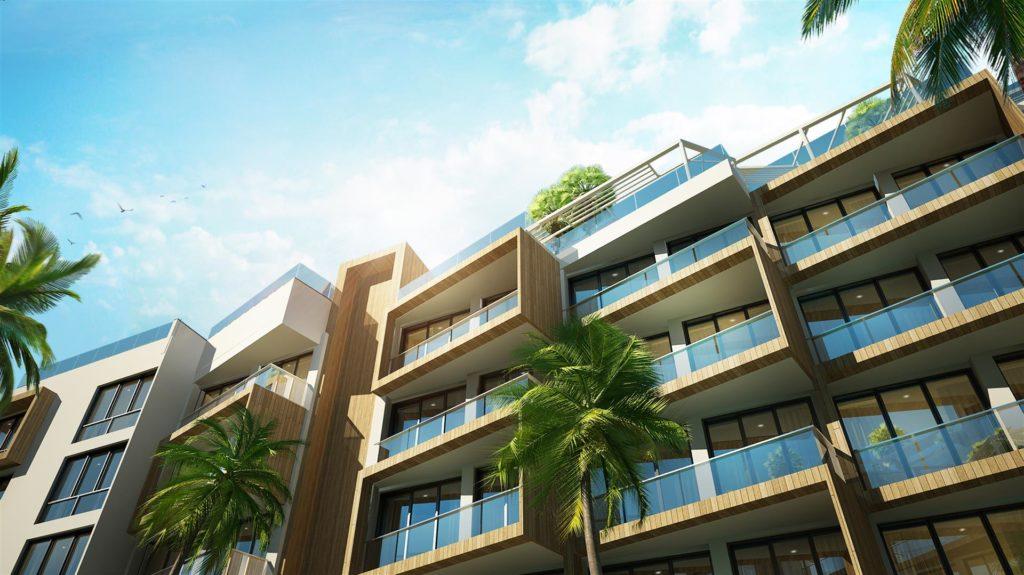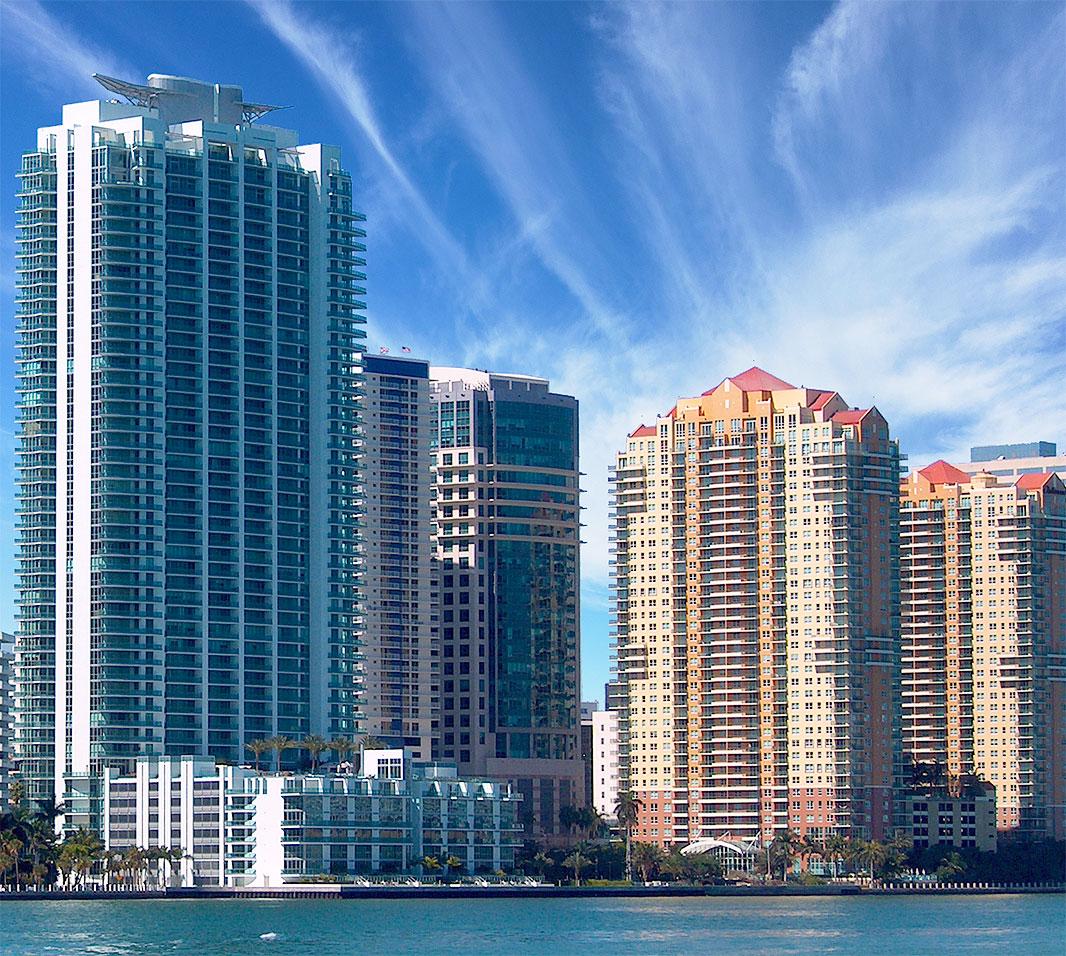What is a condo? Some may respond by saying, “It’s like an apartment, but you own it.” Others may answer with, “It’s like a home, but without a yard.” While both of these are somewhat true, when deciding between a condo vs apartment, there is a lot more to the story.
By definition, a condo is an individual unit within a larger multi-unit complex, the units of which are individually owned. Each owner holds a recordable deed which includes the right to sell that unit, and share in joint ownership of any common areas. Owners are not individually responsible for maintenance of these common areas, which can include lounges, hallways, garages, gyms or swimming pools.
For this convenience, condo owners pay dues to an HOA (Home Owners Association) which is usually a board made up of duly elected condo owners. This board meets regularly to coordinate the administration of the building, manages the building’s finances, plan for necessary repairs, and take care of hiring maintenance crews, landscapers, pool cleaners, snow removal crews and other required personnel. The HOA is also responsible for setting the monthly fees that each owner is required to pay in order to maintain the property.

HOA’s also set and enforce the rules and regulations that owners and guests must abide by and agree in writing upon the purchase of their unit. The board can regulate anything from the number of people who can live in a unit, to the size and number of pets you are allowed to have in the residence.
If you are looking to buy, rent, or invest in a condo, there are plenty of choices available. Shopping for a condo home can be a daunting task, but with a little information and patience, the ideal condo can be yours.
Where are condo buildings located? Condos are often found in urban settings. The reason is simple – where space for development is scarce due to population density, single-family homes can be prohibitively expensive.
Other common locations for condos are popular vacation areas and retirement destinations. Whether you are an empty-nester looking to downsize or a first-time buyer looking for an affordable home, a condo may be the perfect solution.

Who is the typical condo buyer? Condo living can be popular among several demographic groups. Among them are the retirees mentioned previously, who are looking for a smaller property with less maintenance – allowing more time for social and cultural activities.
Frequent travelers are another group who enjoy the convenience perks of living in a condo, since the HOA would take care of property maintenance while they are away. Graduate students and young professionals may consider a condo located near school or urban areas, especially if it means easier commutes and access to public transportation.
Finally, first-time buyers will find condos appealing as they are typically less expensive than single family homes and a great way to start building equity through homeownership.
There are a variety of reasons to buy a condo. The decision for many comes down to the many conveniences of the condo lifestyle. Among these are the amenities often found in condominium developments. Swimming pools, fitness center, tennis courts, and planned social events are popular features. Residents point to a distinct sense of community for those who are seeking a broader, more active social life.
If you are in the market for a condo, there are certain considerations about the best way to approach the process. We recommend finding a real estate professional with experience in condo-buying, who will guide you through these decisions and make the process easier and less stressful.

The most important decision when buying a condo, as for any real estate, is location. Your preferences and price range will help you determine the right location. Young professionals may opt for urban areas where there are plenty of social activities and events, while retirees may prefer a quieter setting near a golf course.
Once you have decided on an area, it’s a good idea to spend some time there. Walk around during the day; visit at night to get a better idea of what the atmosphere is like. Take note of restaurants, shopping, public transportation, hospitals and recreational opportunities.
The style of the property is also probably important to you. Some people prefer living in a high rise with access to a large community of like-minded people. Others may prefer a smaller, more serene low-rise or mid-rise building with two or three floors. Do you like buildings with traditional architecture, or contemporary, sleek residential towers?
Once you have decided on the location and style of property, it is time to determine the features you most desire in a residence.
Amenities are a major draw for some condo buildings. Examples may be as extravagant as a private marina with boat dockage. Other – more common – condo buildings may offer a full-service spa or fully-equipped fitness center with basketball and tennis courts. Some may feature a dog park or a fully-staffed children’s playroom. Be aware though, all of these amenities will be reflected in the HOA dues.

Other features to consider within the actual unit include the square footage, type and age of appliances, storage space, and upgraded materials such as granite counter tops and wood flooring.
Parking is a factor to consider if you own a vehicle. Do you need a garage with assigned parking? Is the garage secure – accessible only by key or guard? Is there valet or parking available for guests?
Another concern is security. Does the building have on-site private security? Is there a doorman? How are non-residents granted access to individual units? These are all questions that should be addressed before making a final decision.
Purchasing a condo offers several financial advantages over renting a property – not the least of which includes building equity and the ability to take tax deductions for mortgage interest and property taxes. Always analyze the numbers for yourself. If the monthly mortgage payment is about the same as rent, it may be in your financial interest to purchase instead of rent.
As a condo owner, you will be paying HOA (Home Owner Association) fees in addition to a mortgage. These fees are used to cover the cost of maintenance for the common areas, certain utilities – such as water and basic cable, and insurance for the property exterior and liability. If the building is a high-rise with many units, the fees will be higher to cover the cost of fire-sprinkler systems, elevators and HVAC equipment.
It is important before buying to examine the financials from past years and understand the developments’ history and reserve fund. The reserve fund is apportioned from dues, and used for any unseen maintenance repairs that may arise in the near future. This can be especially important in communities that are prone to natural disasters, such as hurricanes or earthquakes.
Be sure to get all of the financial information from the HOA board and/or the property manager before signing any contract or agreement. Your professional real estate agent will be the best person to guide you through this process.
Tips for Buying a Condo.
- Determine whether a condo is the “right fit”
- Hire a real estate professional who is experienced in selling condos
- Obtain financing
- Know what the HOA fees are and what is included
- Review all HOA rules and regulations
- Ask about special assessments
- Research management and maintenance companies
- Think about future plans
Tell us about your condo buying experiences!





